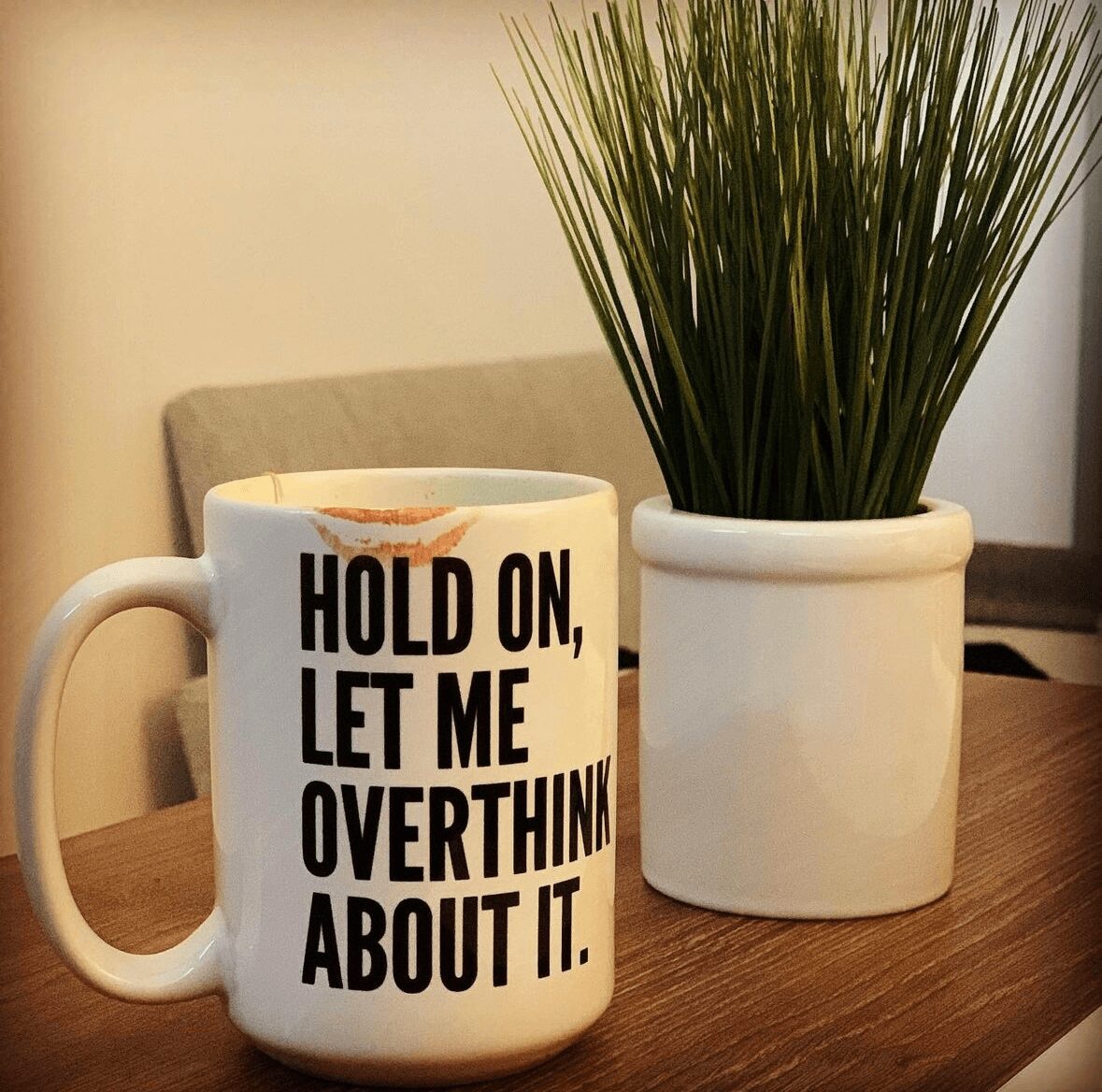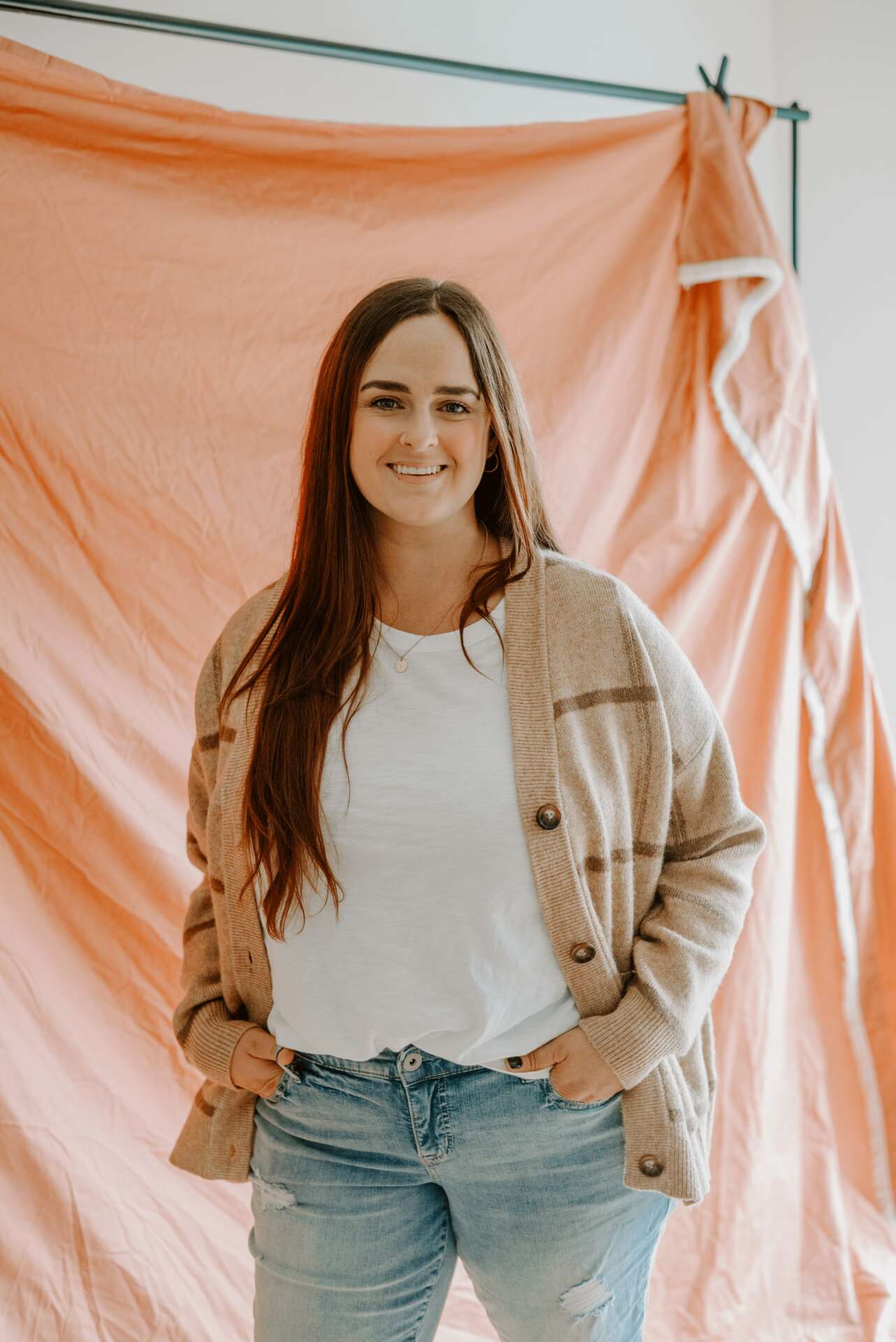Alright – so today we’ve got the honor of introducing you to Kate Mink. We think you’ll enjoy our conversation, we’ve shared it below.
Alright, Kate thanks for taking the time to share your stories and insights with us today. Have you ever had an amazing boss, mentor or leader leading you? Can you us a story or anecdote that helps illustrate why this person was such a great leader and the impact they had on you or their team?
I had a supervisor while I was training to be a therapist who was TOUGH, but fair. She had high expectations, but provided the support I needed to meet them. New therapists often don’t get the chance to really dig in to the skills that are vital to our development and growth. Although the honing these skills is a life (or career) long endeavor, it helps to have them nurtured from the beginning. Shyanne helped me see that it is entirely possible to marry excellent client care with precise, accurate administrative work, and I am forever grateful to her for that! She really helped me sharpen my skills, and I share so many of the things I learned from her with the new therapists I supervise.

Awesome – so before we get into the rest of our questions, can you briefly introduce yourself to our readers.
I’m Kate, I’m an LA-based therapist, specializing in trauma. I work with clients who are often high-achieving young professionals–motivated and successful. To others, they may seem gregarious and outgoing. They put a lot of pressure on themselves to do things the “right” way, although they’re not quite sure what that means. They care deeply, sometimes to a fault. Some live with crippling perfectionism, and have no idea what self-compassion is. Some are new parents, trying to navigate the ups and downs of growing a family. The TL;DR of who and what I work with: Trauma, Perfectionism & Shame, New & Prospective Moms, Gender & Sexuality, Addiction/Substance Abuse, and Body Image & Diet Culture.
I’ve found that clients most appreciate me being my whole, human self in session. I use the idea of “human first, therapist second” as a guidepost when I think about how I want to show up in sessions. My intention is always to meet my clients with deep empathy, a sense of humor (usually dark and dry), and a hell of a lot of encouragement. This is really rooted in the way that I try to exist as a human (and friend, wife, and mother) and I pride myself on running my practice like an extension of that as much as possible.

We often hear about learning lessons – but just as important is unlearning lessons. Have you ever had to unlearn a lesson?
“Do it right, or don’t do it at all.” I wrestle with a deep-seated need to be perfect that developed early on in my life as a response to learning that there were “right” and “wrong” ways to exist, “appropriate” and “inappropriate” ways to behave. My recovery from perfectionism is ongoing, and my daily life is filled with ~opportunities~ to combat and challenge the poor part of my brain that wants and needs things to be perfect. Life is full of “mistakes”, reroutes, learning experiences and things we simply cannot control. I put mistakes in quotes because I generally believe (with a few exceptions) that these “mistakes” are really just information that gives us confirmation of something we do or don’t want. The information brings us closer to or farther away from our goals, wants, needs, and desires; at the end of the day, it’s all just intel and data gathering. I work really diligently to pause and reframe when I notice myself placing value judgement (aka defining something as good or bad). This is something I find myself working with a lot with clients, and I really love helping my clients unlearn perfectionism.

Other than training/knowledge, what do you think is most helpful for succeeding in your field?
I’m pretty radically open with my clients; I do this for a number of reasons, and I put a lot of thought and intentionality into it. There’s lots of debate in the psychotherapy community about showing emotions in session, and I understand why so many therapists choose to remain more neutral and blank slate; (there’s great therapeutic value in it!) It just doesn’t align with my values as a therapist, and that’s okay. I strive to be the therapist that my clients need. My style is also influenced by the therapists I’ve worked with (both positive and… not). Traditional “blank slate” therapy does not work for me—not having any insight into my therapist’s emotions on some level made me feel unsafe. I find that most of my clients have had a similar experience, and seek a more human, “unfiltered” therapy experience.
So many of us didn’t learn to accurately read emotions as young people. It probably wasn’t modeled for us–and that is a huge part of WHY I show my emotions as a therapist. Modeling emotions can be a reparative experience for clients if their emotions were ever invalidated or dismissed. It can also be incredibly validating if they’ve been through something difficult or traumatic (and especially if they struggle to see it as such!) That validation contributes to the therapeutic process, and allows clients to feel safe and work towards healing with me as their therapist… and forever resident hype girl.
Contact Info:
- Website: https://www.kateminklcsw.com
- Instagram: https://www.instagram.com/yourtherapistkate
![]()
Image Credits
Marina Babigian, Bee Street Studio


